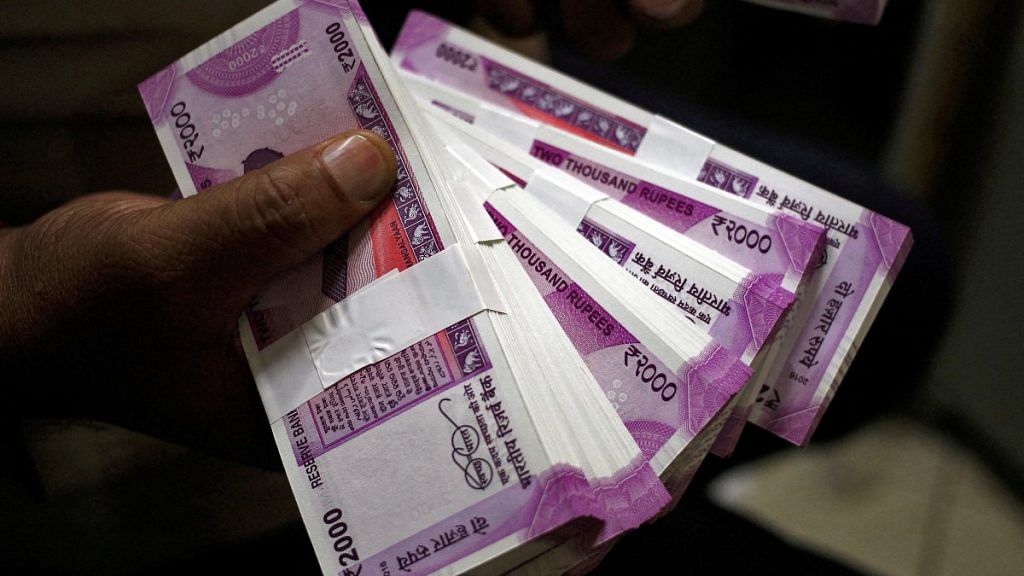New Delhi: Amazon said on Wednesday it will collect soon-to-be-withdrawn 2,000 rupee ($24) notes from customers in India and credit them to online wallets to help people struggling with the exchange process.
India’s central bank (RBI) decided last month to withdraw the largest denomination notes from circulation, asking people to deposit or exchange them at banks by the end of September.
Amazon said its customers can hand over up to 50,000 rupees’ worth to delivery agents for orders meant for payment via cash. The amount will then be credited to their Amazon Pay wallets.
“Don’t stress if stores are refusing to accept 2,000 rupee notes for payments,” the e-commerce giant said in a statement.
Unlike in 2016, India’s latest currency note change has not disrupted the markets.
Since the RBI’s May 19 order, Indians began to use the 2,000 rupee notes to pay for daily essentials, premium brands and online orders, with Zomato’s food delivery sales using cash payments surging in the first few days.
“The facility to top up your Amazon Pay balance with cash handed to delivery agents at your doorstep is one of our unique services in India,” Vikas Bansal, whole-time director at Amazon Pay India, said in a statement.
($1 = 82.0250 Indian rupees)
(Reporting by Tanvi Mehta; Editing by Andrew Heavens and Andrew Cawthorne)
Disclaimer: This report is auto generated from the Reuters news service. ThePrint holds no responsibilty for its content.
Also read: Rejecting RTI on withdrawal of Rs 2,000 notes, RBI cites impact on ‘relations with foreign state’
